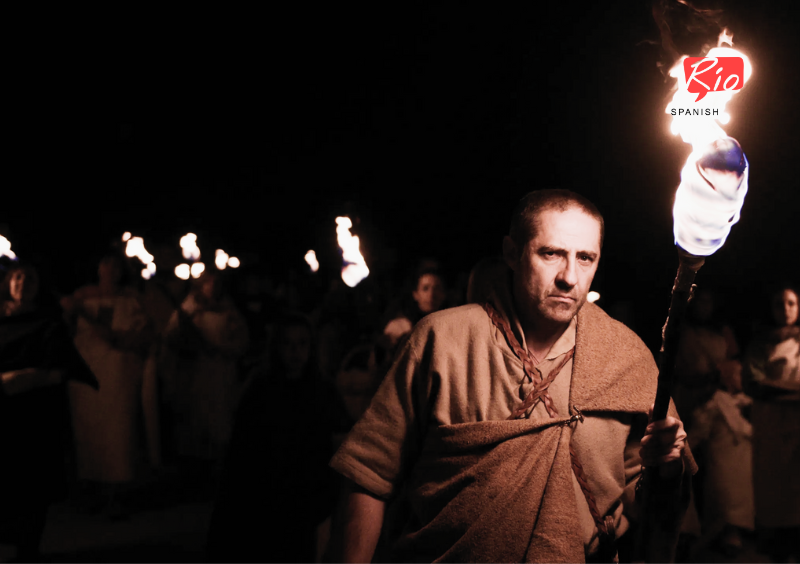
If you’re thinking about obtaining an official Spanish certificate, the Diploma de Español como Lengua Extranjera (DELE) is the best option. But before registering for the exam, it’s essential to know your level.
At Río Spanish School - Malta, we’ve created a free online placement test to help you assess your Spanish proficiency and guide you in preparing for the DELE exam.

Are you thinking of certifying your Spanish skills? The DELE (Diplomas de Español como Lengua Extranjera) exams are internationally recognized qualifications that can boost your career, open doors to academic opportunities, or simply prove your Spanish proficiency. At Río Spanish School in Malta, we’re here to make sure you succeed—and we’re proud to say we have a 100% pass rate! Here’s why preparing with us is a great idea.

Barcelona, the vibrant Catalan city, is known for its impressive architecture, sunny beaches, and lively nightlife. However, it's also important to be aware of a problem that affects many residents and visitors: mobile phone theft. In this bustling metropolis, pickpockets -carteristas- lurk in crowded places, ready to take advantage of any lapse in attention...

Welcome to another exciting chapter in your journey to mastering the beautiful Spanish language! In today's blog post, we're diving into a fascinating linguistic phenomenon: false friends. These linguistic traps can bewilder even the most seasoned learners, but fear not! Río Spanish School is here to shed light on this quirky aspect of language learning.

At Río Spanish School, in addition to teaching grammar or vocabulary, we show our students how the real spoken Spanish sound. One of the most practical and used resources in Spanish is the use of diminutives. Its main and best-known function is dimensional, that is, to explain that something has a small size:

Many of our students have decided to study Spanish because they are in love -estar enamorado, or in slang, estar pillado- with a Spanish speaker, and since at Río Spanish School we always try to adapt to the needs of our students, we have designed a didactic unit on street talk in Spanish, which includes a lots of expressions about love. In this way, our students will sound more natural when talking about their relationships, especially if they are young.

As Lorenzo Rubio González explains in Religious Topics in Colloquial Spanish, the familiarity of Spaniards with religion leaves many foreigners dumbfounded. And it is that we Spaniards have grown up surrounded by the Catholic Christian culture and, as is natural, it has impregnated the language with hundreds of expressions that have crystallized in the collective imagination.


